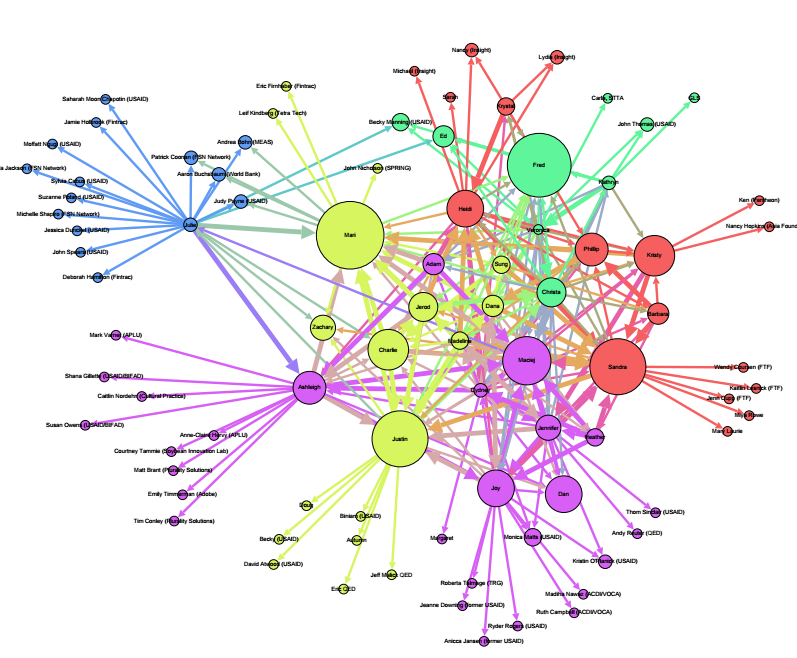The issue of Internet censorship has cycled throughout headlines, whether it’s Congress interrogating Microsoft and Yahoo! as to why they are selling products that assist Chinese filtration or Google deciding that they are no longer censoring Google.cn. The largest cause for concern has been the violation of human rights, which has lead to new Internet freedom scales from organizations like Freedom House and Reporters Without Borders. However, research of Internet censorship from an economic perspective has been pretty limited. I performed a mini case study of China and India, two countries that have had similar ICT growth but one is censored and the other is not. Unfortunately, there is not much evidence that shows that censorship is causing much of a negative effect on China’s ICT industry, but its continual growth could still influence policy change as the entire nation gets online.
Two years ago China passed the United States as the nation with the most Internet users, which now has reached 420 million. India is ranked fourth in the world with more than 80 million. Their growth has been quite similar at about 1,800% and 1,500%, respectively. It appears that its 50,000 Internet police, as reported by the New York Times five years ago, isn’t a hindrance to growth. There are many factors that influence the average citizen’s ability to access the net, but broadband fees aren’t one of them. The ITU reported that the affordability of a monthly subscription to broadband Internet is actually cheaper in India than it is in China. In fact, India falls under one of the top ten countries that offer the least expensive broadband subscriptions in the world, at an average of $16.40 a month (adjusted for PPP), or 7.7% of the average monthly income. China’s subscription rate is 9.4% of the average monthly income. Even though the Internet is more expensive, they are still subscribing at monumental rates.
The ITU also created the Information Development Index, which scales countries based on their ICT access, ICT use, and ICT skills. It measures things like proportion of households with a computer and Internet access, broadband users per 100 inhabitants, and Internet literacy. In 2002 and 2007, China was ranked 90th and 73rd, respectively, which was one of the ten largest jumps in the world. India was ranked 118th and 117th. This means that even though these countries have similar user growth, China is far ahead in providing Internet access to individual users within their own homes. Again, it does not appear that China’s ICT industry is suffering at all.
So what are we to make of all this growth? In 2008 Lingfei Wu and Dehuan Liu, two Chinese scholars, set out to discover if there is a correlation between Internet use and support of Chinese web censorship. When asked the question, “should the Internet be controlled by the government?” respondents could say anything between strongly agree and strongly disagree. Surprisingly, 55% of those that strongly agreed were frequent Internet users, which gives reason as to why they seem to be able to grow its web user base so quickly and still maintain strong filtering. However, 71% of those that responded strongly disagree were Internet users, which also reveals that there is a large dissident movement, even if it is only based on opinion and not action, for now that is.
Right now, one-third of China are Internet users, but this figure will be quite different in just a few years. Even though it appears that many citizens don’t have a large problem with censorship, there are also many, which must be several million that do. Even if there does not seem to be a large effect on the nation’s ICT growth, it will only be a matter of time before the whole nation is online and the average Internet skillset improves so that changes occur.



